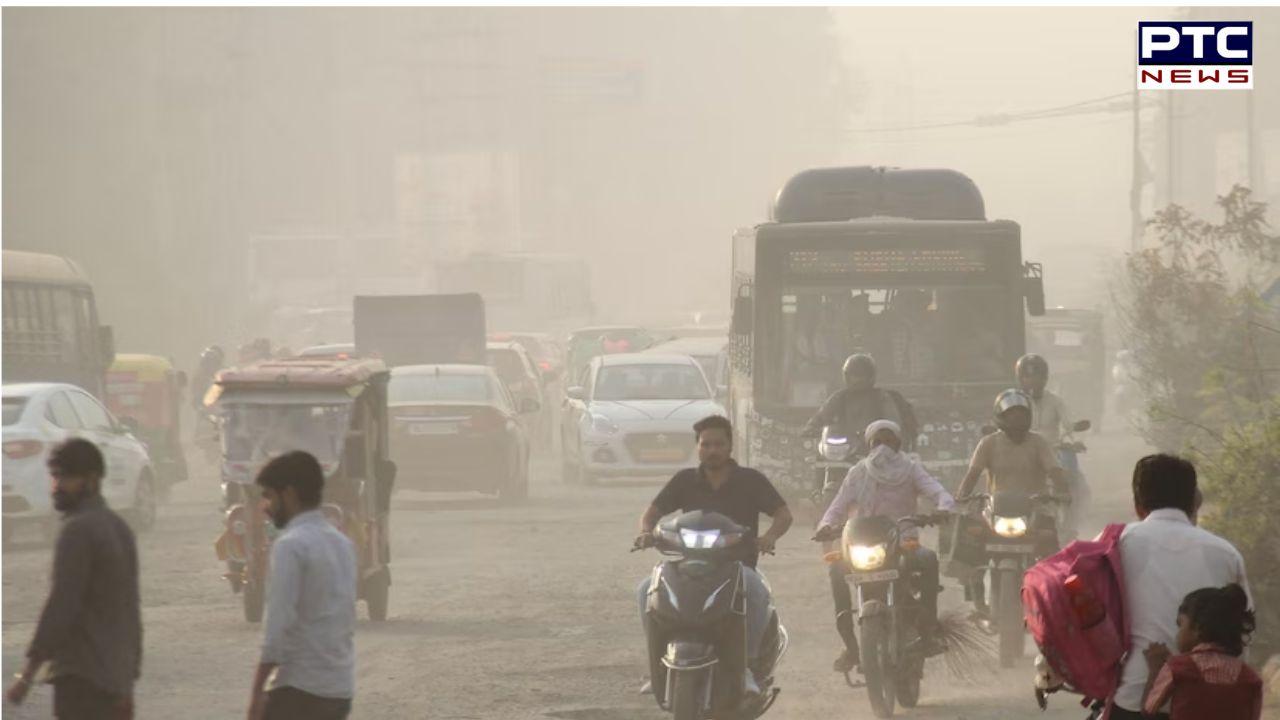

HEALTH EMERGENCY: Delhi air quality hits 'severe' category again as AQI crosses 400 mark; most residents suffering from respiratory issues
Delhi air pollution: Delhi's air quality has plunged back into the 'severe' category, with the 24-hour average Air Quality Index (AQI) soaring to 401 at 6 pm on Friday. This marks a worrying resurgence of pollution levels that had briefly eased earlier this week.
As of now, 19 out of the city's 39 monitoring stations have recorded AQI levels in the "severe" range, with Jahangirpuri topping the list at a staggering 445. For the past week, Delhi's air had remained in the 'severe' and 'severe plus' categories, only seeing a slight dip on Friday morning when the AQI stood at 371, categorized as 'very poor.' However, pollution levels worsened throughout the day, reaching critical levels again by the evening.
For reference, AQI readings fall into the following categories:
0-50: Good
51-100: Satisfactory
101-200: Moderate
201-300: Poor
301-400: Very Poor
401-500: Severe
The spike in pollution has had severe health consequences, with a recent survey by LocalCircles revealing that 75% of families in Delhi have at least one member suffering from respiratory issues such as sore throat or cough. Vehicular emissions and farm fires in neighbouring states are major contributors to the city's deteriorating air quality.
In a bid to combat the worsening pollution, the Delhi government has implemented several measures. As part of its anti-pollution efforts, the government has mandated that 50% of its workforce work from home and introduced staggered office timings to reduce road congestion.
Furthermore, the Graded Response Action Plan (GRAP) is currently in place under Stage IV. Among the steps being taken are a ban on truck entry, except for those carrying essential goods, and restrictions on non-essential light commercial vehicles unless they operate on cleaner fuels such as CNG, BS-VI diesel, or electricity. Construction work on public projects has been halted to limit further emissions.
- With inputs from agencies
